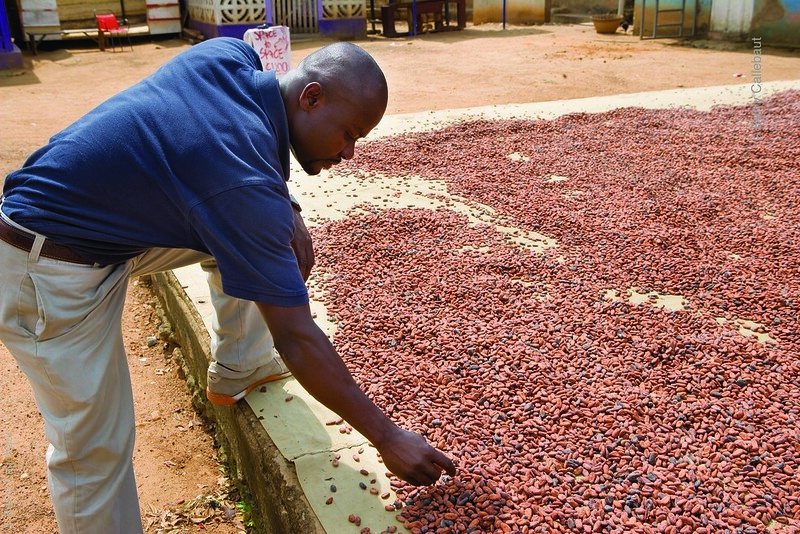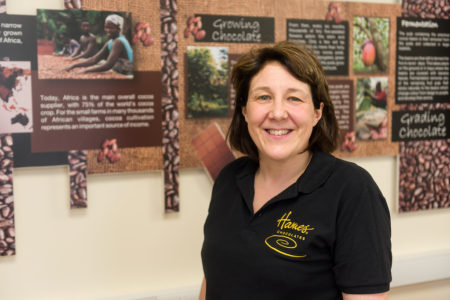Barry Callebaut expands cocoa sustainability with farm mapping in Ghana, Ivory Coast and Cameroon

A major milestone has been unveiled by the Barry Callebaut group in its sustainability policies through disclosing its direct cocoa suppliers in core markets of Ivory Coast, Ghana and Cameroon, reports Neill Barston
According the Swiss-headquartered business, the move forms a cornerstone of its transparency and traceability within its chain of producers, which the company believes will also prove vital in development of its data monitoring and collection capabilities.
As the company revealed, the map includes geographical data on cooperatives and districts within the three respective countries. Each pin point on the map details the geographical location, cooperative or district name, certification scheme and the number of farmers the company is sourcing from in its supply chain. This will be continually updated as part of the company’s ongoing direct work with farming communities, as governments in Ghana and Ivory Coast work to unveil Living Income Differential plans to set enhanced payments for workers in the sector.
Creation of its latest mapping system comes as part of the company’s delivery of its Forever Chocolate initiative that is aiming to make sustainable chocolate the norm by 2025, which includes eliminating child labour from supply chains. Another key focus for the business is in continuing to tackle deforestation – for which the business acknowledged mapping is set to play a crucial part, as it highlights whether farms are in a protected forest area. Significantly, this will enable the company to actively exclude cocoa purchases from farms fully or partly located within a protected area boundary.
“The opening up of the geographical location of the cooperatives and districts we are directly sourcing from to public scrutiny, is proof of the robustness of our approach to exclude cocoa grown in protected forest areas from our direct supply chain, noted Pablo Perversi, Chief Innovation, Sustainability & Quality Officer; Global Head of Gourmet.
Further action
In addition to extending its mapping activities, Barry Callebaut has also undertaken farmer census interviews that offer further insights into the performance of local farming operations, and enable more direct monitoring of cocoa farms and the incomes of those working on them – which remains another core issue for the industry, as many farm labourers continue to be paid at levels equating to less than UN defined levels of poverty.
“By disclosing our direct cocoa suppliers in Côte d’Ivoire, Ghana and Cameroon, we are driving a transparent and traceable cocoa supply chain,” added Steven Retzlaff, the company’s President of Global Cocoa.
According to the firm’s figures for 2018/19, it mapped we mapped the size of 295,383 cocoa farms which were captured in its Katchilè database, as well as conducting census interviews with 229,142 cocoa farmers, capturing socio-economic and household data.
Consequently, the data has allowed the company to individualise farm business plans to enable farmers to develop their cocoa operations into rehabilitated, diverse and professionally run ventures over a period of several years. Specific strategies include advice on the best mix of seedlings and fertilisers and help farms access labor and inputs on credit. In 2018/19, over 16,000 farmers have adopted Farm Business Plans.



